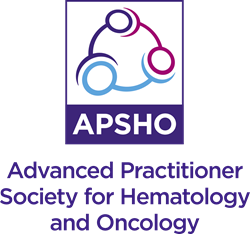Man, this thread is excellent, I need to come hang out in this part of SDN more.
I do agree with
@efle that the current century-old system of medical training struggles to find relevance with how we practice today. My specialty (RadOnc) is a great example. Very little of what I do now is reflected in the general education I received in medical school, and I have often felt that my residency training experience was sort of "med school part two". This is very different when compared to my intern year experience in IM, which felt like a synthesizing/maturation of skills and knowledge I already acquired.
Obviously, it's impossible for me to say how much my general medical education affects the way I think and practice now. Am I a better doctor because of it? Or, would I be a better RadOnc if my general training was shortened and I was required to spend a similar amount of time in focused training? I think there's a balance out there that we can find, but the juggernaut of American medical training is hard to steer in any direction. Since I started med school in the mid-2000s, I have watched as many (most?) schools have revamped the pre-clinical curriculum (along with other changes) in an attempt to improve the experience, so perhaps this isn't all idle daydreaming.
Re: Step exams etc, I have mixed feelings about that, as I guess you could consider me a "late bloomer". I'm a first generation college kid from a low-middle class background and had no idea how any of this worked. Now, in my second decade after deciding to become a doctor, I can look back and see all the naïve mistakes I made along the way. The "hidden curriculum" is very real, and my legacy/wealthy friends were MUCH better at "playing the game" than I was. Having a ranked M1/M2 and a scored Step 1, along with other metrics, allowed me to differentiate myself and punch above my weight, Matching into a Radiation Oncology program at a prestigious academic medical center (you know, back when RadOnc was hyper-competitive 5+ years ago, haha) would have been very difficult (impossible?) if I didn't have things like my Step scores.
While I think the poster who said it was probably right, that I'm an outlier, I do worry about the kids like me who won't have some sort of mechanism to "stand out" if they didn't get into a "top" medical school, or whatever metric people are going to use once everything is Pass/Fail. I don't have an idea for an easy solution for that either...though I imagine one must exist.

